
Manisha Samy is an Analyst at ARK Investment Management LLC. Ms. Samy joined ARK as a thematic analyst on the Genomic Revolution team in February 2016. Her focus is on gene editing, gene therapy, instrumentation, targeted therapeutics, agricultural biology, diagnostics and stem cells.
Prior to ARK, Ms. Samy worked as a management consultant for Kepler Cannon. Before that, she gained experience as a business solution analyst at Attensity America. Ms. Samy graduated from Stanford with a Bachelor of Science in science, technology and society: life sciences and biotechnology.
She has spent eight years in Stanford’s research lab studying stem cells in acute myeloid leukemia.
In this 3,640 word interview, exclusively in the Wall Street Transcript, Ms. Samy reviews her firms commitment to gene therapy stocks and her personal picks:
“…Whenever we do trades as we release all of our trades at the end of the day so people can see exactly what we’re buying or selling. Often, since we are actively managed, even if we do have high conviction, let’s say a stock has soared quite a bit, we will take the profits and invest in companies that have been hit.
Internally, the way that we invest in companies is we have a 15% hurdle rate. So this is 15% over five years. Basically compounded over five years, we think that a stock’s price will double, so that is our minimum hurdle rate to invest in a company.”
The mismatch between target market size and current valuations drives Ms. Samy’s core picks.
“…For Editas, Intellia and CRISPR Therapeutics, right now, combined, they struggle to maintain $4 billion in market capitalization. But, based on our research, we think just addressing monogenic diseases is a $75 billion market opportunity.
If you look at the CAR-T market, we believe globally it can reach $430 billion total addressable market opportunity a year. So at $430 billion, you will have royalties being paid down to these CRISPR companies, especially since a lot of the next-generation CAR-Ts are utilizing CRISPR.”
Read the entire 3,640 word interview, exclusively in the Wall Street Transcript, and get all the top gene therapy stock picks.
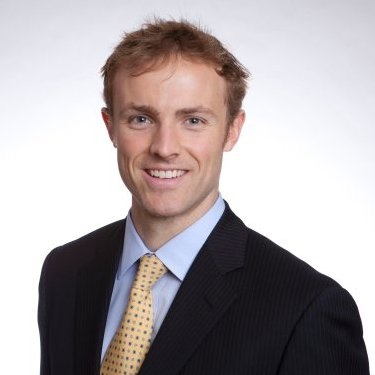
Christopher Ward joined the GAMCO Investors, Inc. Growth Team in 2015 as Vice President and Associate Portfolio Manager. Prior to joining GAMCO, he was Director of Business Strategy and Portfolio Management Associate for The Apollo Group at Morgan Stanley Private Wealth Management.
Before joining Morgan Stanley, he was with the GFI Group, Inc., a wholesale institutional brokerage firm. He is a Chartered Financial Analyst and a member of the New York Society of Security Analysts. He is a graduate of Boston College with a Bachelor of Arts degree in economics.
In this exclusive 3,623 word interview in the Wall Street Transcript, Mr. Ward details his portfolio management vision and explains his top picks for 2019:
“The growth strategies that we run begin with a thematic approach. We focus on secular growth industries, and the themes that we are focused on must be long-term structural trends and investable. I say “investable” because there are some interesting growth industries right now, whether it’s cannabis, gene editing, blockchain, etc.
But we are yet to identify investment vehicles in those areas that we have a lot of conviction in. And we run relatively concentrated portfolios. We need to have conviction in every position.”
One of his several top picks is competing against long term winners:
“I have to mention Workday (NASDAQ:WDAY) as well, which is another software-as-a-service business, just like ServiceNow. Again, Workday is benefiting from the shift to the cloud.
Workday is disrupting the legacy ERP — enterprise resource planning — vendors like Oracle (NYSE:ORCL) and SAP (NYSE:SAP). Oracle and SAP combined comprise about 35% of the ERP market. Workday has maybe 4% or 5%. And outside of those three big players, the space is hugely fragmented.”
Get the other top picks from Christopher Ward and their details in the complete 3,623 word interview, only in the Wall Street Transcript.
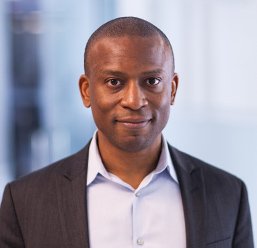
Gbola Amusa is Partner, Director of Research and Head of Healthcare Research of Chardan. Dr. Gbola Amusa joined Chardan at the end of 2014 to focus on identifying companies that will generate exceptionally high long-term investment returns by creating shared value for society.
Dr. Amusa was previously Managing Director, Head of European Pharma Research, and Global Pharma and Biotech Coordinator at UBS, where he oversaw 25 analysts and ultimately finished as the number-one-ranked European pharma analyst in the Institutional Investor — II — Survey.
In this extensive 5,116 word interview, exclusively in the Wall Street Transcript, Dr. Amusa details his bullish recommendation for RGNX:
“The company has 35 or so products in its portfolio, with roughly 30 of which that are from partners who are burning their own cash to potentially pay REGENXBIO a royalty in the future. So it’s always great in therapeutics when someone else does the work for you and then you get a reward at the end if it proves successful.
The most important partner for many years has been AveXis, as it produced one of the best data sets in the history of gene therapy. AveXis’ product, which now is owned by Novartis (NYSE:NVS) after the acquisition, can come out of the gate strongly after perhaps May of this year. REGENXBIO will get 10% of sales presumably, and that could turn REGENXBIO into a profitable company.”
Dr. Amusa highlights other upside potential for this company:
“…There are diseases like wet age-related macular degeneration where there are literally over a million people in the U.S. and maybe 2 million to 3 million people in the key drug markets of U.S., Europe and Japan, so even capturing a small percentage of the market, as in a very small percent, could lead to a blockbuster since gene therapies are priced upfront for anywhere from five years to 10 years of benefit.
The company can generate a tremendous amount of revenues in an unpartnered way if the wet AMD product starts to show signs of success, which some would argue they have already shown and some would argue they need to show more, but even just a shifting of the market’s probability modestly upward on REGENXBIO can lead to stock performance.
This is because Eylea and Lucentis, the two products that dominate wet AMD and other retinal diseases, generated $10.5 billion in sales last year. If a gene therapy provides five years of Eylea- or Lucentis-like benefit, five times that figure would be over $50 billion for a market opportunity. These are very vast markets in relation to REGENXBIO’s market cap.”
Get the full 5,116 word interview, only in the Wall Street Transcript.
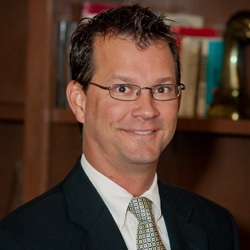
Brian Shepardson, CFA, CIC, has been with James Investment Research, Inc. since 1999, and he is First Vice President and Portfolio Manager, and serves as an investment committee member. In addition, Mr. Shepardson is the Secretary and Assistant Treasurer of the James Advantage Funds.
Mr. Shepardson has many duties, including the analysis of equities, fixed income and mutual funds. He obtained his Bachelor of Business Administration in finance from the University of Cincinnati in 1996.
In this 3,314 word interview, Mr. Shepardson details his firm’s devotion to investors and suggests some themes for current investment strategies:
“Right now, I would say one of the stocks that I’ve been watching has been Micron (NASDAQ:MU). I think what I find most interesting about Micron at this point is that there was a pullback in the stock price during much of 2018. So it had lost over 50% of its value only to bottom out right around Christmastime, and it has rallied back since then. And as you look at that fall in price, it really compressed the p/e ratio to where it’s now down below four.
When you look at the potential for a value stock, this is one that really stands out, especially when you look within the technology arena. A lot of times those stocks trade up at much higher multiples. When you look at Micron, it shows up very favorably.”
Overall, Mr. Shepardson sees a growing value to portfolio management:
“…There’s probably a little bit more attention paid to the Federal Reserve considering, if you go back just a couple years, we had been in a 30-plus-year bull market for fixed income more or less. So if you think back to the 1980s, and you had bought a 30-year Treasury, and you could have bought it with a 15% yield to maturity, that’s a pretty good return if you could just buy and hold…”
Get the full 3,314 word interview, only in the Wall Street Transcript.

Gbola Amusa is Partner, Director of Research and Head of Healthcare Research of Chardan. Dr. Gbola Amusa joined Chardan at the end of 2014 to focus on identifying companies that will generate exceptionally high long-term investment returns by creating shared value for society. Dr. Amusa was previously Managing Director, Head of European Pharma Research, and Global Pharma and Biotech Coordinator at UBS, where he oversaw 25 analysts and ultimately finished as the number-one-ranked European pharma analyst in the Institutional Investor — II — Survey.
Prior to UBS, Dr. Amusa was a Senior Research Analyst and Head of European Pharma research at Sanford Bernstein. He started his career in finance at Goldman Sachs as an associate in the Healthcare Investment Banking Group, where he worked on large transactions including the Amgen/Immunex merger. Dr. Amusa earned his BSE from Duke University, an M.D. at Washington University Medical School and his MBA from the University of Chicago Booth School of Business.
In this exclusive 5,116 word interview, exclusively in the Wall Street Transcript, Dr. Amusa reveals his top picks and details his reasoning.
“MeiraGTx (NASDAQ:MGTX) is easy in that it is a company that will have readouts this year on four different assets and yet the company’s market cap is closer to $300 million, which basically prices futility on all data. By the end of the year, the company may have something like eight or nine products in the clinic. Companies that have had that many products in the clinic typically trade over a billion in market cap.
You really just need one of the four data sets this year. Presumably, four or more data sets will come in 2020, and you therefore just need one of the data sets in 2019 or 2020 to be very positive and the stock would have the potential to go past a billion dollars in market cap.”
Get the full 5,116 word interview for the other top picks and more from this award winning equity analyst.
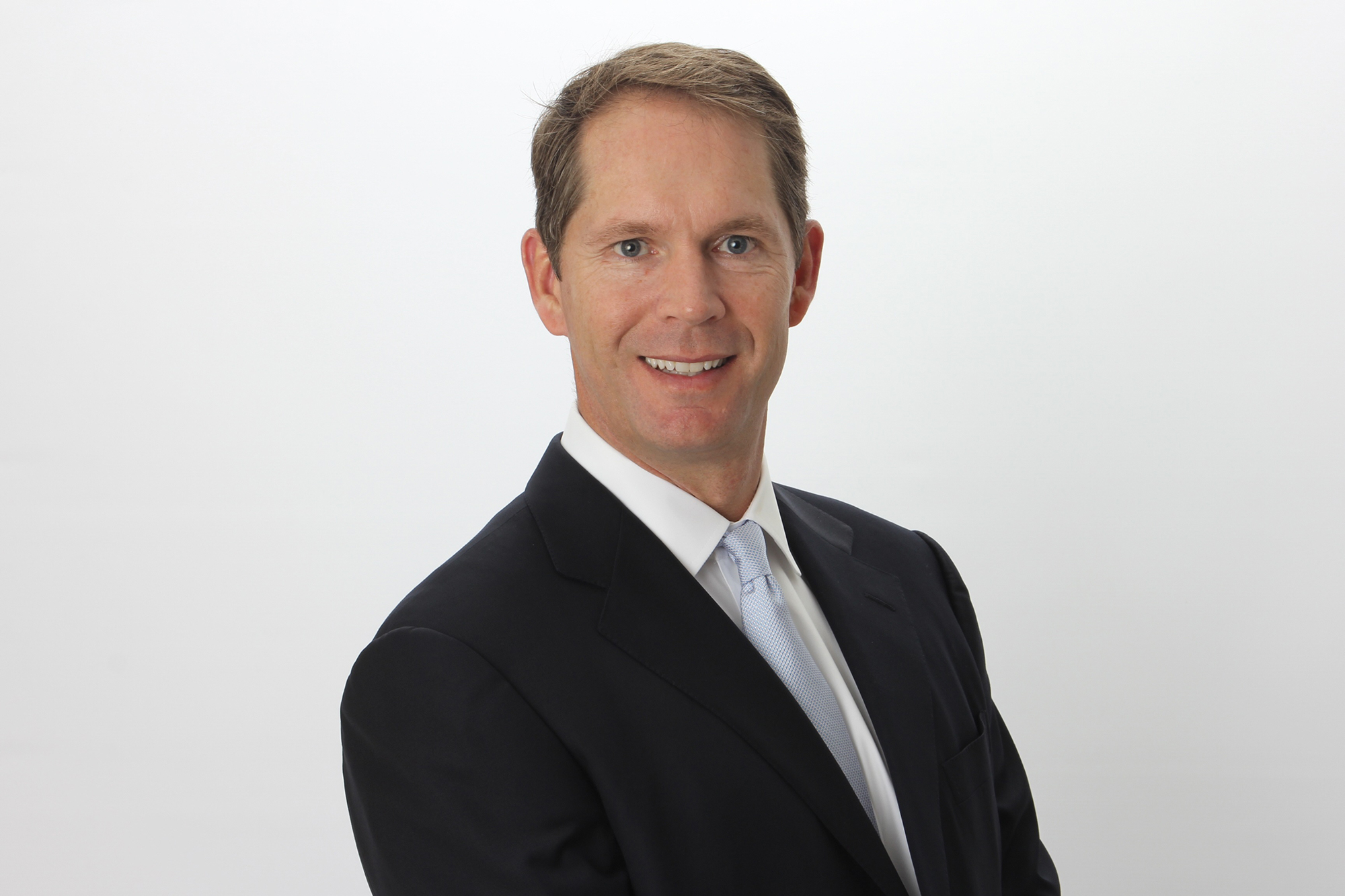
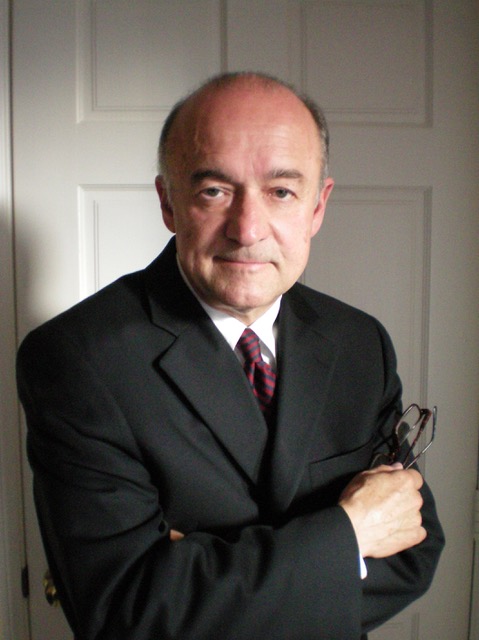
Carl M. Wiese is a Founder and Portfolio Manager for GROW Funds LLC and has over 30 years of investment management experience. Mr. Wiese is an adjunct professor at the University of San Diego and the Education Chair for the CFA Society of San Diego.
Prior to launching GROW, Mr. Wiese was a Principal and Portfolio Manager at Wall Street Associates — $3 billion in AUM — where he was responsible for micro, small and midcap investment strategy and was a member of the investment management team for 12 years.
Michael Collins is a Founder and Portfolio Manager for GROW Funds LLC. Mr. Collins’ career has spanned over 50 years starting as an investment banker and the last 30 years as a registered investment adviser. He has been a founder of several companies and served on the boards of the National Association of Securities Dealers and the CFA Society of San Diego.
In this 2,251 word interview exclusive to the Wall Street Transcript, Mr. Collins and Mr. Wiese explain their portfolio management techniques and their top picks.
“I will get away from software here and talk about health care. Tandem Diabetes Care (NASDAQ:TNDM) is actually a local San Diego company. They develop and manufacture insulin pumps for diabetics. They have what we believe is the best pump in the market today called the t:slim X2 Basal-IQ.
It’s taking market share from Medtronic (NYSE:MDT), the largest provider in the marketplace. Not only that, Johnson & Johnson (NYSE:JNJ), their Animas division, recently exited the market, creating an opportunity for Tandem to take share with those patients as well.”
Another top pick reveals their growth bias:
“Telecommunications is a $50 billion market globally. RingCentral is taking market share from more traditional providers such as Avaya (NYSE:AVYA) and Cisco (NASDAQ:CSCO). In fact, after trying to do it themselves, AT&T (NYSE:T) recently came back to RingCentral as a partner.
RingCentral is growing revenues in the mid-30% range and has recently added customers such as Columbia University, the Financial Times and Golden State Warriors to name a few.”
Get more investing philosophy along with top stock picks by reading the entire 2,251 word interview, exclusive to the Wall Street Transcript.
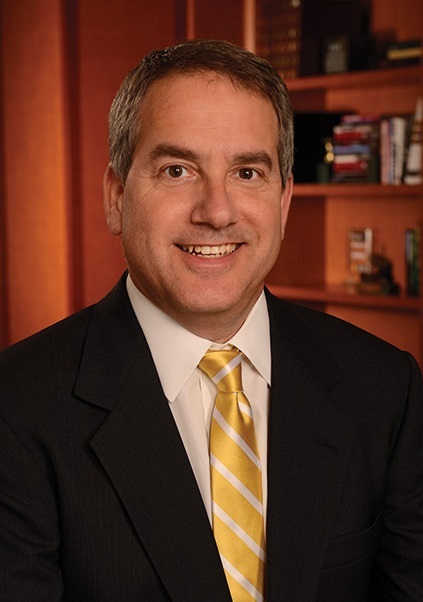
Eli Pars, CFA, is Co-Chief Investment Officer, Head of Alternative Strategies, Co-Head of Convertible Strategies and Senior Co-Portfolio Manager at Calamos Investments. As a Co-CIO, Mr. Pars is responsible for oversight of investment team resources, investment processes, performance and risk.
He also manages investment team members and has portfolio management responsibilities. He is a member of the Calamos Investment Committee, which is charged with providing a top-down framework, maintaining oversight of risk and performance metrics, and evaluating investment process.
In his exclusive 2,991 word interview in the Wall Street Transcript, Mr. Pars explains his investing strategy:
“…We walk in every day and say, “OK, what’s the option market giving us, and how can we have a better trade with the constraint that we want to have, at least a 40 delta of protection to the downside? And we want to have at least 40% notional value of puts. With those constraints, can we find a better hedge?” And a lot of times, we can.”
His market stance is on the positive returns side:
“Obviously, with the Fed guidance and the market expectations that we’re not going to see a lot of increases in the next 12 months, maybe none, with inflation still generally below the Fed’s 2% target, you can make a compelling argument that they really should hold off until they really see some inflation.
Janet Yellen, back when she was Fed Chair, made some comments about how the 2% target should be an average. And so if they spend a lot of time below the 2% target, they should spend theoretically some time above it.
And the fact that we’ve only been above the 2% target for a quarter I think once in the last 10 years, I believe is correct, but certainly not very often. You can make the case that maybe the Fed should be on hold for a little while here.”
The desire to pick stocks reveals a top pick from Mr. Pars:
“One name that we’ve been in and out of over the years — it’s been active in the convertible market and some of our convertible strategies — is Salesforce.com (NYSE:CRM). And optically it hasn’t looked cheap really ever since it’s been a public company. But the stock’s up whatever, 15-, 20-, 30-fold, whatever it is, because they’ve continued to grow.”
Get the complete market picture from this experienced portfolio manager in this exclusive 2,991 word interview, only in the Wall Street Transcript.
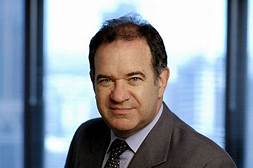
Silviu Itescu, MBBS, FRACP, is Chief Executive Officer and Managing Director of Mesoblast Limited. Dr. Itescu has served on Mesoblast’s board of directors since the company’s founding in 2004, was Executive Director from 2007, and became Chief Executive Officer and Managing Director in 2011.
Prior to founding Mesoblast in 2004, he established an international reputation as a physician scientist in the fields of stem cell biology, autoimmune diseases, organ transplantation and heart failure. Dr. Itescu has been a faculty member of Columbia University in New York, and the University of Melbourne and Monash University in Australia.
In 2013, Dr. Itescu received the inaugural Key Innovator Award from the Vatican’s Pontifical Council for Culture for his leadership in translational science and clinical medicine in relation to adult stem cell therapy.
In this 4,007 word interview, exclusive to the Wall Street Transcript, Dr. Itescu describes the upside of his company for investors:
“We currently have three Phase III assets and, through a licensing partner, have the first approved product using industrially scalable mesenchymal lineage cells in the world. That product is in Japan through our licensee, JCR Pharmaceuticals.
A second product will be launched in Europe shortly by our technology licensee, Takeda Pharmaceuticals. We believe that we will have the first industrially manufactured mesenchymal lineage product launched and approved in the U.S. over the coming period.”
The product is nearing an approval in the United States:
“You can imagine seeking a cure for the underlying leukemia and then getting this devastating complication of graft versus host disease, which has a very high mortality in its most severe forms. It is a terrible complication.
There is nothing that is approved other than steroids in the first instance. Also, 50% of people will fail steroids. After steroids, nothing else is approved anywhere in the world other than our mesenchymal lineage product in Japan. So we’ve been very pleased that this product was approved.
It has received very good reimbursement. We believe that since the launch of the product, the adoption rates by clinicians approximates about 50% of our expected addressable market. So we are very pleased by the uptake and the way it has performed.
We are aware of no safety issues. It gives us great insight into how we would expect a similar drug to perform once it has launched in the United States. We will be filing with the FDA for the same product very shortly.
We have been using it now in the United States for several years under an expanded access program, so over 240 children have already received this in the United States.
We have performed a very rigorous Phase III trial that demonstrated similar data to what we had generated in the earlier EAP program.”
Get the complete 4,007 word interview, exclusively in the Wall Street Transcript.
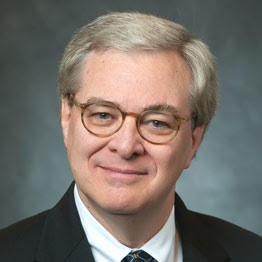
Paul W. Greenwell is a Principal of Luther King Capital Management — LKCM. He joined the firm in 1983 and serves as a portfolio manager and the retail analyst. Prior to joining LKCM, Mr. Greenwell was a Senior Vice President in charge of Trust Investments for Austin National Bank; Senior Vice President, InterFirst/Austin; Trust Investment Officer for Hibernia National Bank; and Senior Security Analyst/Trust Investment Officer for American Security & Trust Co.
Mr. Greenwell received a Bachelor of Science degree from the University of Missouri.
In this 3,213 word interview, exclusively in the Wall Street Transcript, the long term investor outlines his optimistic outlook on the US economy and the stock picks that result:
“I think there’s been a lot of skepticism largely related to the magnitude and the duration of the recovery from a stock market standpoint. From an economic standpoint, while there’s been pretty good growth over the last 10 years, really the acceleration has only come subsequent to the tax change.
And I think there is a natural built-in skepticism that, hey, this economic cycle has gone on too long, and we’re likely to see some pullback in that. Our view would be that these cycles don’t die just of old age. They typically need an event that may be not seen, such as a Federal Reserve monetary event that’s caused by the Federal Reserve becoming too restrictive.
…The problem comes in, of course, when there’s a bear market like the fourth quarter last year; human nature being what it is, the tendency is for many to say, “No, I don’t want to do this anymore,” and they don’t become interested until the market has already recovered and the news is better.
So what we encourage clients to do is to try to be an investor in excellent businesses for long periods. And when you have a diversified portfolio over long periods of time, that we believe works very well. And our clients have been well-rewarded for that.”
Read the rest of this 3,213 word stock market review from an experienced money manager, exclusively in the Wall Street Transcript.
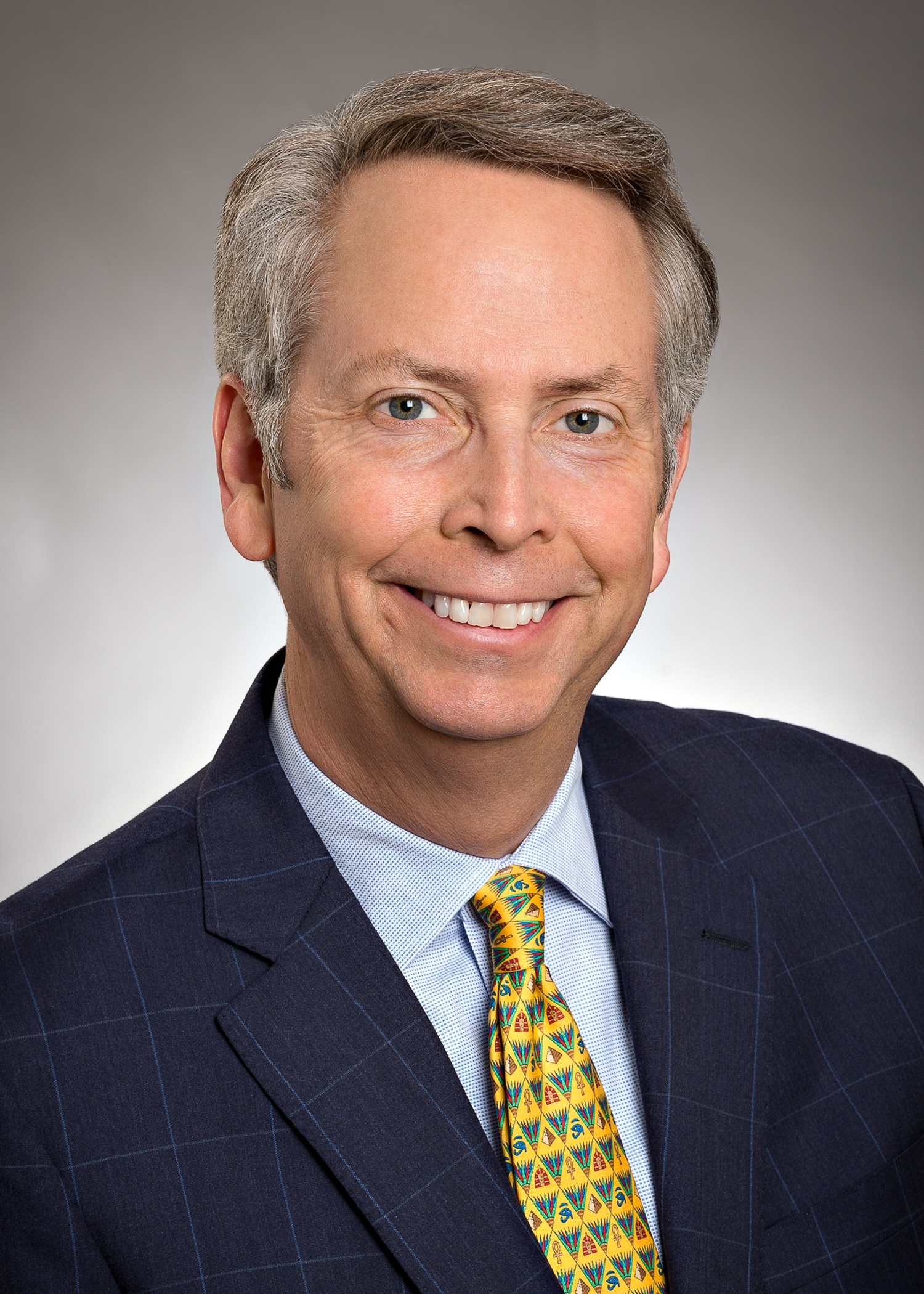
Robert Henderson is a Portfolio Manager at RBC Global Asset Management Inc. — RBC GAM — in Boston. In this capacity, he serves as the lead portfolio manager for RBC GAM’s Mid Cap Value Strategy. In addition to his portfolio management responsibilities, Mr. Henderson provides research analysis support to strategies managed by RBC GAM’s Boston-based Enterprise team.
Before joining RBC GAM in 2018, Robert focused on small- and micro-cap equities, as well as exposure to international and domestic large- and mid-cap equities with Rutabaga Capital Management and MFS Investment Management. He holds an undergraduate degree from Harvard College and an MBA from Stanford University.
In this exclusive 2,673 word interview in the Wall Street Transcript, the portfolio manager explains his value strategy and highlights his top picks for 2019:
“…We pay attention to special situations. For example, when a company is bankrupt for a while, but it’s an important player, and then it comes out of bankruptcy, there’s an opportunity there. We also pay attention to when companies exit certain businesses, or are being bought out or taken over, or maybe a new company deciding to go into an industry.”
An example of this stock picking strategy is their Puerto Rican investment strategy.
“This large Puerto Rican bank has some operations in the U.S., but it is by far the market share leader in Puerto Rico. This stock was taken down with the entire Puerto Rican bank sector, not only because of the recession, the financial crisis on the island, but really the final thing was the two major hurricanes that hit the island in 2017, which really caused very serious disruption and an even deeper recession on the island.
Fortunately, when that happened, the island started to get out of this financial crisis by renegotiating some of the important parts of the government debt. Even more importantly than that, after the hurricanes happened, a lot of insurance money and other recovery money rushed into the island. So the economy started to recover after the hurricane, and it’s still in a recovery process right now.
This large bank is recovering very nicely now.”
Get the rest of this stock picker’s outlook by reading the entire 2,673 word interview, exclusively in the Wall Street Transcript.